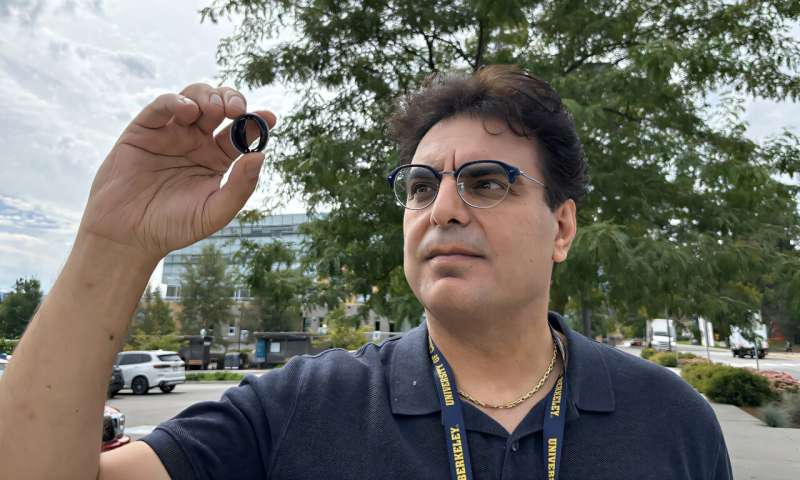The research, published in the Journal of Biomechanics, determines that MHVs may outperform tissue valves under certain conditions.
“This is the first time we’ve been able to make this claim,” says Dr. Mohammadi. “While more testing is needed to fully understand what causes the differences in how each valve performs, we are excited about the potential of this significant achievement.”
Calcific valvular heart disease—when one or more of the heart valves do not open or close properly due to calcification—is projected to affect some 4.5 million people by 2030, making it the most prevalent valvular heart condition in aging populations.

